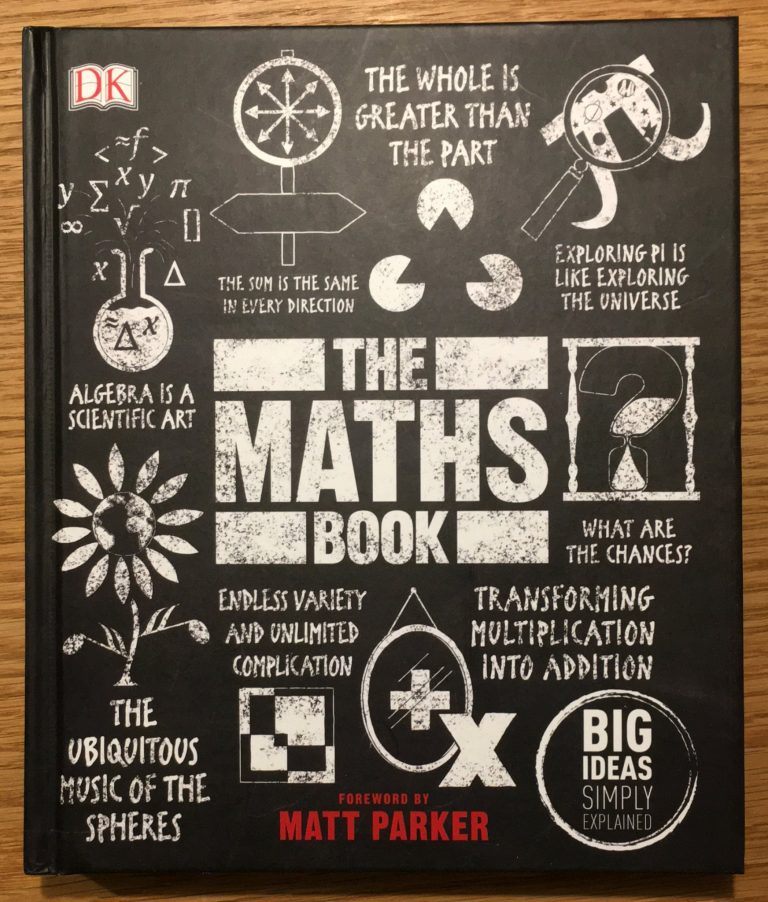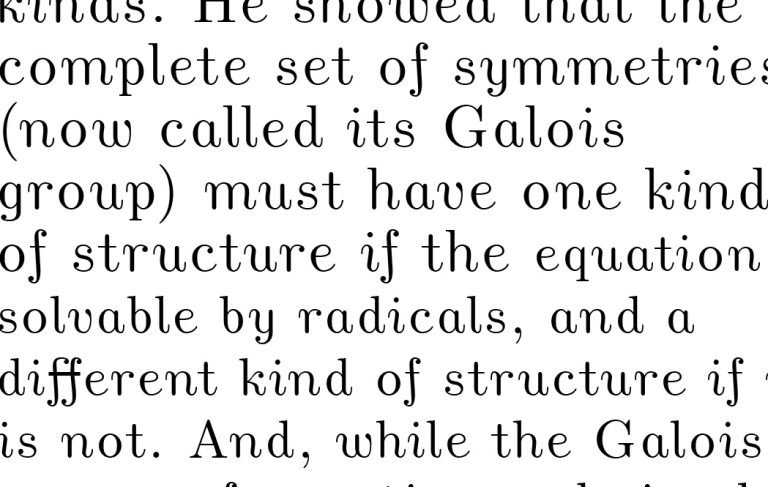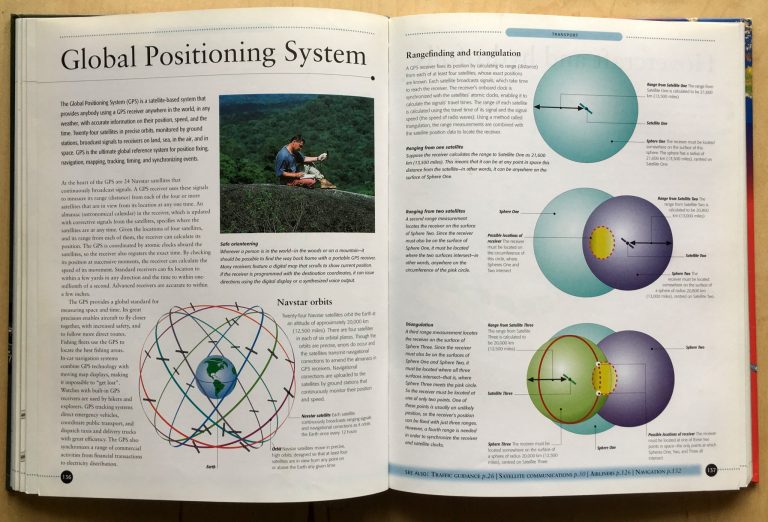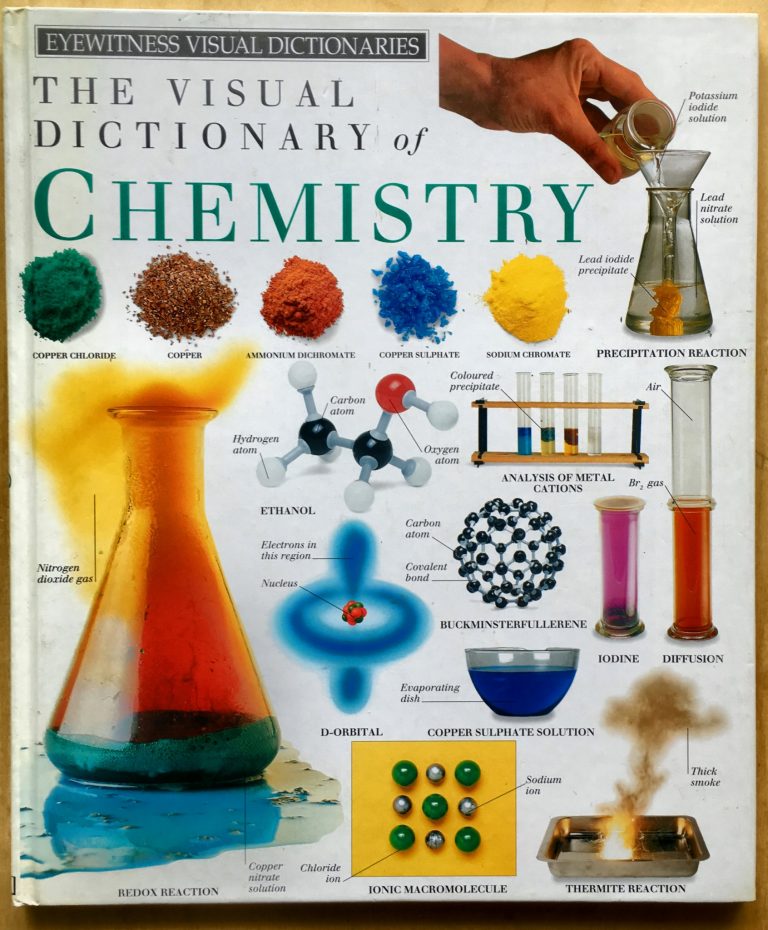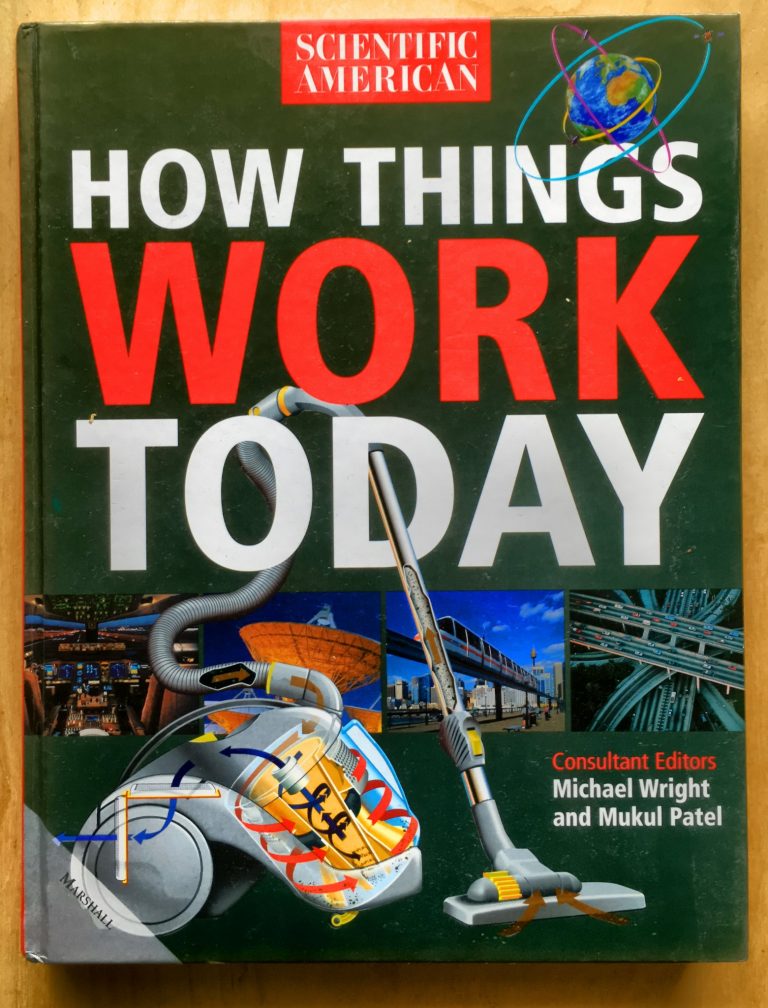popular maths & science
I have been developing and contributing to popular maths and science titles since the early 1990s, weaving pattern and process into the very fabric of the text. Doing mathematics has universal appeal when imaginatively motivated: the infinite is a concept that very young children eagerly grasp for, and that can be presented rigourously and entertainingly in the primary classroom (but is rarely encountered there). The bundling of maths as a STEM subject treats it purely instrumentally – one could equally bundle it with modern languages or art, emphasizing the creative and playful aspect. I’m particularly interested in the intersections of mathematics with literature, as in the work of French group OuLiPo, and with music & sound art.
Contributor, The Physics Book (Dorling Kindersley, 2020)
Who knew that SI Units could be so philosophically nutritious?
Contributor, The Maths Book (Dorling Kindersley, 2019)
‘The Langlands Program for a general audience in 400 words? OK…’
(Thanks to Kevin Buzzard for help with this.)
Author, We’ve Got Your Number (Kingfisher, 2013)
Shortlisted: Royal Society Young People’s Book Prize 2014
Longlisted: School Library Association Information Book Award 2014
Paginated in hex! Has sequences to figure out! Amongst the few (relatively trivial) problems in the book, I wanted to sneak in Goldbach’s Conjecture. The publisher balked when I couldn’t supply requisite proof –’you can’t ask a child to think about an unsolved problem!’ I also learned about extant editorial standards the hard way. My characterisation of mathematicians as people who find patterns was turned into the tautologous ‘people who find mathematical patterns…’. At least Poincaré’s ‘art of giving the same name to different things’ survived intact in the text. Ian Stewart liked it.
Consultant editor, Scientific American’s How Things Work Today (Marshall, 2000)
By the time such a book is published, it’s tomorrow already. I did however explain GPS in greater depth than typical at this level.
Project editor, The Visual Dictionary of Chemistry (DK, 1996)
If it weren’t for lousy yields in organic, I would have continued my affair with chemistry a while longer…
Experiment designer, How The Body Works (DK, 1994)
